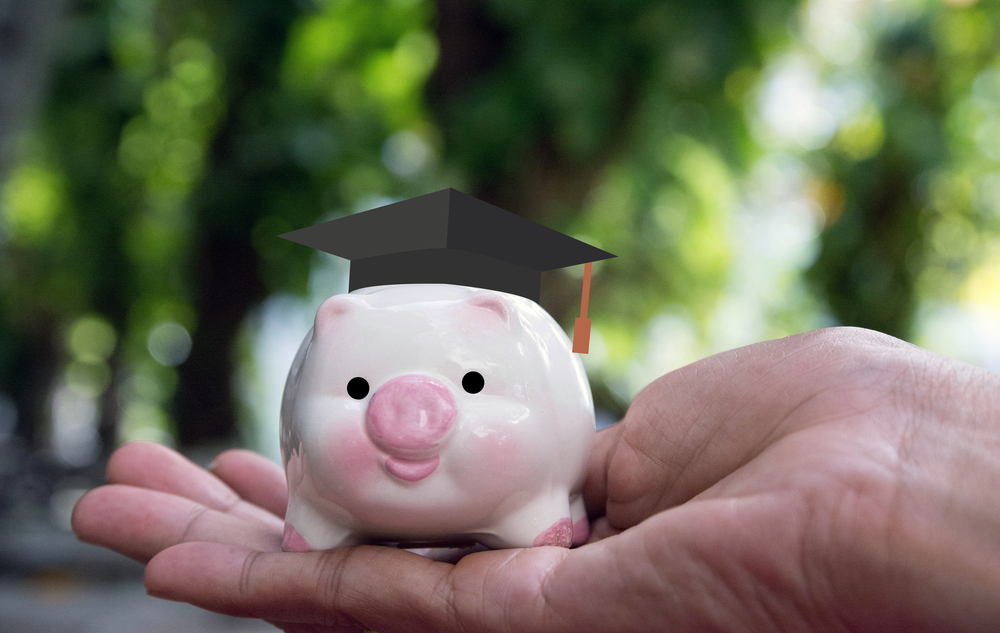Complaints by student loan borrowers have driven actions that have produced more than $750 million in relief for student loan borrowers, according to a new report from the Consumer Financial Protection Bureau (CFPB).

These changes include automatic student loan interest-rate reductions for eligible service members, more protections around federal student loan repayment relief, and the elimination of surprise “auto defaults” from most new private student loan contracts.
The report also shows that in the last year the CFPB received more than 20,000 complaints from student loan borrowers, who report that widespread student loan servicing problems persist. Overall, the CFPB has handled about 50,700 student loan related complaints and sent them to about 360 companies, including student loan servicers, debt collectors, private student lenders, and companies marketing student loan “debt relief.”
“Today’s report shows that complaints by student loan borrowers led to hundreds of millions of dollars in relief and important market reforms,” CFPB Director Richard Cordray said. “We will continue to work to address ongoing problems raised by borrowers and hold student loan servicers accountable for treating them fairly.”
CFPB Student Loan Ombudsman Seth Frotman said the report serves as a roadmap for consumer-driven reforms.
“When borrowers are empowered to stand up for themselves, they can shape policy and spur government to take action. We have much more work to do to build a student loan market that works better for consumers,” Frotman said.
In 2012, the bureau handled complaints from military borrowers about student loan servicing practices that have prevented them from accessing their right to an interest-rate reduction under the Service Member Civil Relief Act. The bureau shared these complaints with other federal agencies, and the Department of Justice and the Federal Deposit Insurance Corporation took enforcement action in 2014 that returned $60 million to 77,000 service members. It also led the Department of Education to automatically extend the interest-rate reduction to more than 100,000 service members on active duty with student loans, saving about $20 million.
In 2015 and 2016, student loan borrowers complained to the bureau about processing delays, surprise application denials, and lost paperwork that knocked them off track when applying for affordable payments. In October 2016, CFPB examiners cited servicers for illegally denying borrowers’ applications for income-driven plans that should have been regularly approved. Also, the Department of Education added stronger requirements to ensure student loan borrowers get timely, actionable information from their servicer about their application status and how to get an affordable monthly payment. Since early 2016, at least 700,000 borrowers with federal Direct Loans have signed up for income-driven payments for the first time.
In 2014, the bureau also reported on complaints from student borrowers about surprise auto defaults that required borrowers to pay back the loans in full immediately if their co-signer had died or declared bankruptcy. Among them were borrowers who had been making their loan payments on time each month. In March 2016, CFPB examiners halted one or more servicers’ unfair auto defaults where loan contracts were ambiguous. Soon after, at least six of the nation’s largest private student lenders eliminated the contract terms that led to auto defaults. The report found that at least two-thirds of all private student loans made in the 2016-17 academic year, estimated to total approximately $8 billion, did not permit auto defaults for borrowers who are successfully repaying their private loans.